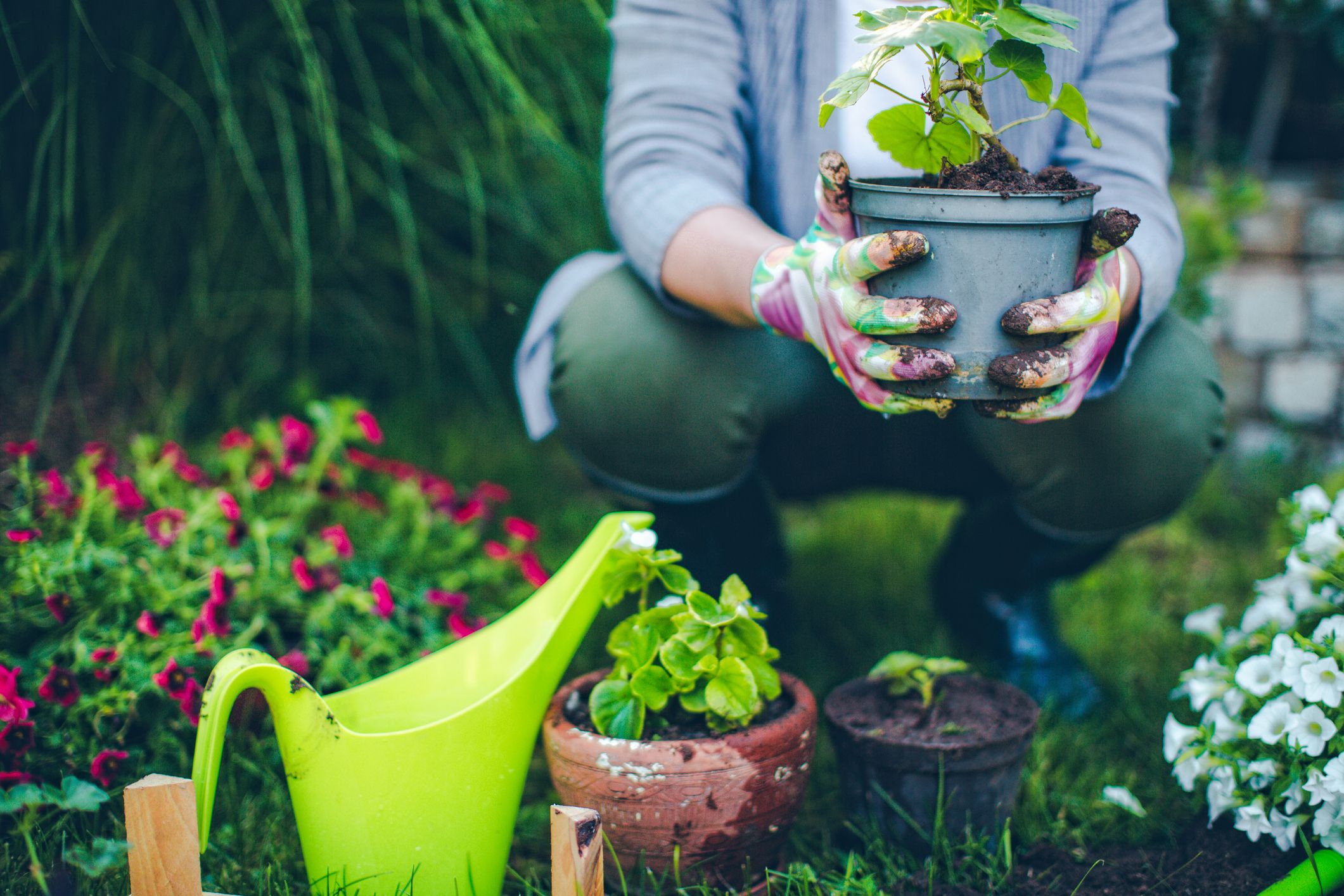
Work-from-home stress is pushing more people into outdoor hobbies than ever, leading to an increased interest in home gardening. While gardens are fun and rewarding to maintain, there are a few key things to look out for to make sure that your experience is a safe one. Exposure to sun, harsh chemicals, and even plants themselves are hazards that home gardeners may not anticipate. Becoming aware of these common problems and their solutions will make you a safer, smarter gardener.
Sun Exposure
Ambitious home gardeners with plenty of space may sew enough plants to warrant
hours of outdoor maintenance at a time, leaving them exposed to the hot summer sun for extended periods. When you are working intently on your projects, you may not even realize how long you have been outside and the budding symptoms of heat exhaustion may get brushed aside.
While the heat may not seem like a big deal, overexposure can lead to sunburn, sun poisoning, and even heat stroke. Don’t ignore symptoms like confusion, dizziness, nausea, or a headache—they could be the start of a much more severe problem. If you or a loved one experiences any of these symptoms, make sure to get the necessary medical attention.
To avoid some of these ill effects, keep up the following sun protection practices:
- Wear sunscreen. Sunscreen is a must for any outdoor activity, but gardening requires a surprising amount of direct exposure. Make sure to apply your sunscreen thoroughly and reapply as often as the product states. Consider wearing a sun hat and long sleeves as well.
- Rest in the shade. If you feel that your workload will take a long time, take breaks! Sit on a covered porch or go inside after completing a task and go back out when you feel cool and rested.
- Stay hydrated. Just like your plants, you require water to stay healthy and hydrated. Drink plenty of water before going outside and carry a bottle for yourself while you work.
Harsh Chemicals
Repelling insects and removing weeds from your garden are two of the most frustrating, tedious tasks in the hobby. While some people may rely on pesticides and herbicides to rid their plants of these pests, exposure to these harsh chemicals in these products can be really detrimental to your health. Some common weed killers, like RoundUp, are extremely toxic and contain known carcinogens.
Further, some synthetic fertilizers contain chemicals that are similarly worrisome for home use. Consider ditching these products in favor of organic options, like neem oil treatments, composting, and manual weeding.
Toxic Plants
Unfortunately, many people are unaware of the toxicity of common plants. Beautiful foliage and flowers—like lilies, daffodils, oleander, wisteria, and foxglove—are popular choices for their decorative value, but they are all examples of highly toxic plants. In some cases, skin irritation can occur from simple contact, while in other cases, ingestion of a small piece of one of these plants could be lethal. It is essential that you keep these plants away from children and pets, and even experienced gardeners should be careful themselves.
Most of these plants are still available in big box stores, so it is up to the consumer to recognize and avoid plants that pose a hazard to their household. If you still choose to plant these species, plan your setup so that these plants are out of reach for small children and animals.
For gardeners of all experience levels, these hazards are essential to know and avoid. The safer and more knowledgeable you are, the more accessible your garden will be to you and your loved ones. Through proper sun protection, organic care and maintenance, and responsible planting, you can care for your favorite plants without worry and show yourself the same love and tenderness that you show to your greenery.



